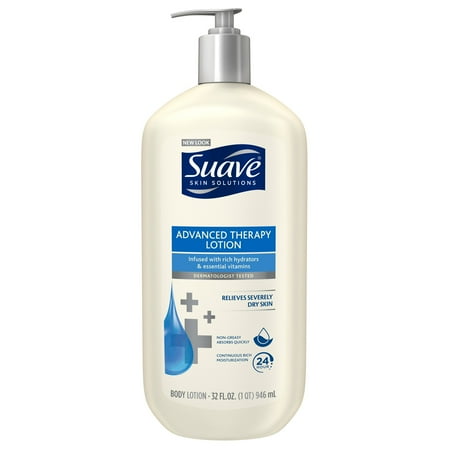Caress Exfoliating Body Wash with Pump Tahitian Pomegranate & Coconut Milk 25.4 oz
Want to feel gorgeously soft and glowing skin every day? Treat yourself to an exfoliating shower like no other with Caress Tahitian Pomegranate & Coconut Milk, an exotic womens body wash with tropical fragrance notes of bright pomegranate seeds and luxurious Tahitian coconut milk. Give yourself vacation vibes with Caress Tahitian Pomegranate & Coconut Milk Body Wash for renewed, glowing skin. Smooth our gentle exfoliating body wash all over to reveal radiant, even-toned skin. Breathe in the exotic scent as it transports you to the islands. Warm creamy coconut rounds out the complex fragrance of Tahitian Renewal while gentle exfoliates leave you with elegantly scented and gorgeously soft, radiant skin. Caress Tahitian Renewal is a revitalizing bodywash that blends a rich, luxurious foam with an expertly crafted fragrance. It exfoliates your skin to leave it both delicately fragrant and beautifully soft. Escape to your own private oasis with every shower as its Floral Oil Essence and body buffing exfoliates together treat you to a luxurious pampering session that will leave your skin and senses feeling renewed, revitalized and ready-to-go. Caress body wash and beauty bar fragrances are crafted by the worlds best perfumers to transform your daily shower into an indulging experience that will make you feel special every day.Previously known as Caress Tahitian Renewal body wash.





Caress Exfoliating Body Wash with Pump Tahitian Pomegranate Coconut Milk 25.4 oz:Get your glow on with the sweet, tropical scent and gentle exfoliation of our Tahitian Pomegranate and Coconut Milk Body Wash. It’s like a vacation in a bottle!This body soap effectively washes away dirt and bacteria while leaving your skin feeling instantly moisturized. It can be used to clean hands just as effectively as hand soapThis body wash for women gently exfoliates to smooth your skin. Feel renewed every day!It is a body wash with pump for easy dispensingCoconut milk is loved for its skin moisturizing, elasticity and age-defying benefits, while pomegranate seed is known for its skin exfoliating and antioxidant benefitsCaress Tahitian Pomegranate and Coconut Milk body wash previously known as Tahitian Renewal body wash





Reviews
There are no reviews yet.